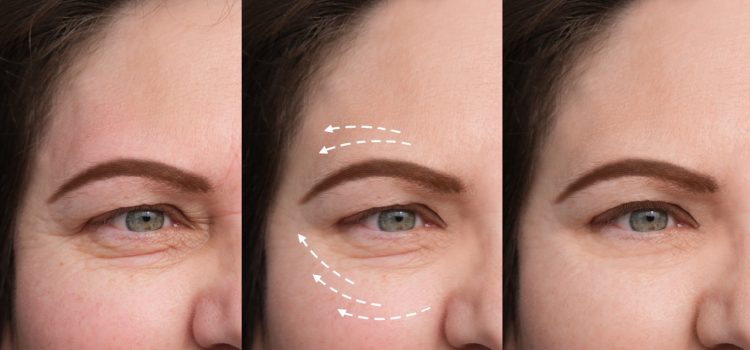
Ptosis is a condition in which the eyelid droops or falls. The word ptosis comes from the Greek word for falling, and it can occur in one or both eyelids. Ptosis can be mild, moderate, or severe, depending on how much the eyelid droops. It can also be temporary or permanent. There are several different types of ptosis, and each has a different cause.
Types of Ptosis
Congenital Ptosis: This type of ptosis is present at birth and is usually caused by a problem with the development of the muscles or nerves that raise the eyelid. It is often genetic and can occur in one or both eyelids.
Acquired Ptosis: This type of ptosis can occur at any age and is usually the result of an injury, infection, or tumor. It can also be caused by certain medications, such as beta-blockers.
Neurogenic Ptosis: This type of ptosis is caused by damage to the nerves that control the muscles that raise the eyelid. It can be the result of an injury, stroke, or other neurological condition.
Myogenic Ptosis: This type of ptosis is caused by damage to the muscles that raise the eyelid. It can be the result of an injury, infection, or tumor.
Aponeurotic Ptosis: This type of ptosis is caused by a problem with the connective tissue that attaches the eyelid to the eyeball. It can be the result of an injury or surgery.
Methods for Correcting Ptosis
Dr. Myron Tannenbaum is a plastic surgeon in Florida who specializes in ptosis surgery. Regardless of the cause, ptosis can be a frustrating condition that affects your appearance and your vision. If you think you may have ptosis, talk to your doctor about treatment options.
Different types of Ptosis Surgery
One of the most common techniques is levator resection, which involves removing the excess tissue from the eyelid to improve droopiness. This can be done either externally or internally, through small incisions in the eyelid. Another option is Muller’s Muscle-Conjunctival Resection (MMCR), which involves cutting and repositioning the muscles that control eyelid movement. This technique is often used in conjunction with levator resection to achieve optimal results.
Preparing for Ptosis Surgery
If you’ve been diagnosed with ptosis and your doctor has recommended surgery, you may be wondering how to prepare. Here are a few tips:
- Avoid wearing makeup or contact lenses for at least two weeks before surgery.
- Stop taking any medications that may thin your blood, such as aspirin or ibuprofen, two weeks prior to surgery.
- Get plenty of rest and eat a healthy diet in the weeks leading up to surgery.
- Arrange for someone to drive you home from the hospital after your surgery.
What to Expect During and After Ptosis Surgery
The surgery usually takes less than an hour to complete, and most patients can go home the same day.
After ptosis surgery, it is normal to experience some bruising and swelling around the eyes. These side effects should resolve within a week or two. Some patients may also experience temporary dryness or tearing of the eyes. It is important to follow your surgeon’s instructions for post-operative care, which may include using eye drops and ointment, sleeping with your head elevated, and avoiding strenuous activity for a few weeks. Most patients see a significant improvement in their ptosis after surgery and can return to their normal activities without difficulty.
Tips for Recovering From Ptosis Surgery
Since ptosis surgery can be done on an outpatient basis, that means you can go home the same day. It doesn’t mean, however, that you’re back to normal immediately. Recovery from ptosis surgery takes about 1-2 weeks. During this time, you will need to keep your head elevated, ice your eyes, and take some pain medication. You should also avoid rubbing your eyes or wearing contact lenses. After about a week, you will be able to start using makeup again and slowly resume your normal activities. In most cases, ptosis surgery is successful in improving vision and appearance. However, there is a small risk of side effects such as double vision, infection, or scarring. If you have any concerns, be sure to talk to your doctor.
CONTACT THE OFFICES OF MYRON TANNENBAUM TODAY
(305) 273-5353If you have questions about whether or not ptosis corrective surgery is right for you, contact the Miami offices of Dr. TAnnenbaum today. A consultation with our expert staff will help determine what course of action is best to get the results you want.
